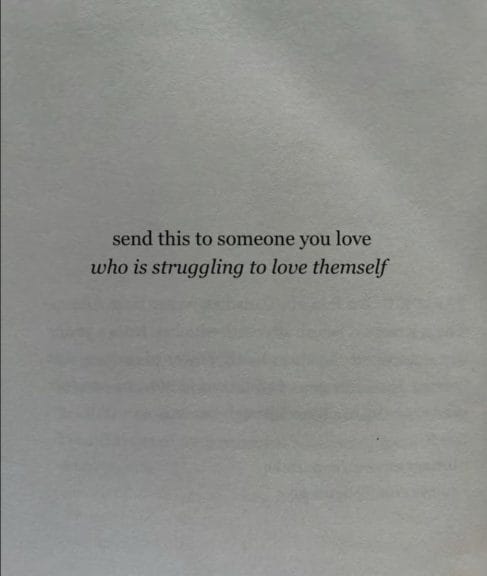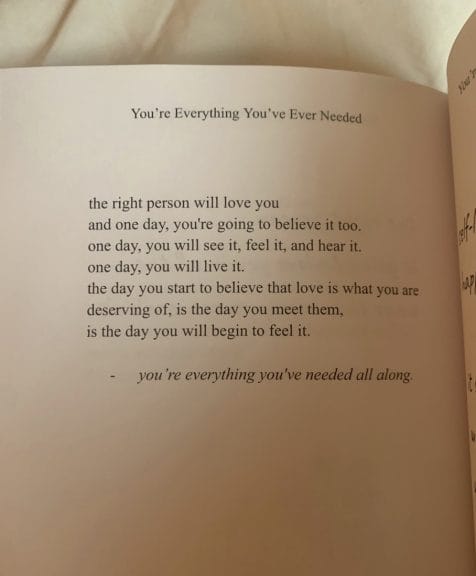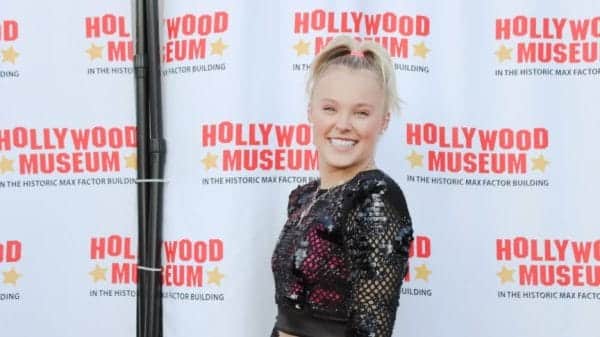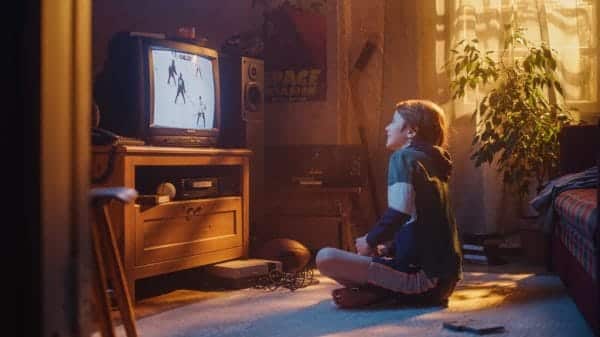Are you searching for a relationship or prioritizing self-love? Do you want to cut them off or crawl right back? TikTok may have your answer. RelationshipTok markets itself as a universal cure for any and all romantic afflictions. However, its content branches off in a myriad of different directions, complicating the idea of a clear “healing process.”
Stage 1: Relationship Heartbreak
For instance, many relationship TikToks lean heavily into heartbreak, with creators wading knee-deep into the nuances of their emotional state, yet struggling to pull themselves back out and see the bigger picture.
TikTok user @helena_xoxo provides a classic example of the post-breakup blues. Paired with the sentimental strumming of Taylor Swift’s hit “august,” her video paints a brief portrait of her ill-defined “situationship” status, as well as the equally complicated grieving process. She implicitly poses the rhetorical question of how to grieve something that never quite was — and neither she nor her comment section manages to supply a satisfactory answer.
Commenter @mae.buckley4 noted that “everyone here is just in the same boat at the same time.” Meanwhile, @avosrfun likened the failed situationship experience to “g[etting] burnt without being able to savor the warmth first.”
For the most part, the comment section resembles an echo chamber of commiseration — user after user sharing similar stories and sifting through painful memories.
The immediate effect appears to be stagnancy: an acknowledgment of romantic conflict, tempered by a crippling inability to rationalize or move past it.
However, these videos are likely intended for little more. They represent the raw aftermath of emotional turmoil, carving a space for sadness to simply exist sans judgment.
Stage 2: Questionable Coping Mechanisms
RelationshipTok also manifests through psychoanalysis of men, women, and love more generally. But rather than grounding themselves in actual fact, these strategies occasionally veer into the territory of cyclical “delusion.”
Singer Emily James openly confesses her susceptibility to such TikToks. While indulging her “delusions,” she invokes the vague claim that men frequently “step away” from women they truly like in order to avoid their commitment issues.
James’ comment section ranges from blunt skepticism to blind hope, with some users embracing parallel delusions and others stoutly “refus[ing] to chase,” as user @kate__2310 phrases it.
In one sense, the video serves as a “coping mechanism” to navigate unpredictable male behavior. Yet it also enables and actively encourages an underlying fantasy of reciprocated interest — even when there might be none.
Interestingly, James’ TikTok is presented under the guise of “relationship advice” — but one look at her caption reveals that James is in actuality promoting her new song.
Far from a romantic expert, she is an artist capitalizing on a common sentiment for inspiration. Consequently, her “insight” is more speculative than instructive, undermining “RelationshipTok” as a credible source.
Stage 3: Healing From A Failed Relationship
There are also numerous TikTok accounts that fully commit themselves to the emotional healing process.


The first slide of @maddocumentspoetry’s video urges viewers to “send [it] to someone you love who is struggling to love themselves.” The short lyrical poem that follows is an exercise in self-love aiming to establish critical prerequisites for a healthy relationship.
The video’s comments brim with tags and gratitude alike. The majority of users maintain that they “needed to see this.” Based on their reactions, there seems to be something of value here: an anonymous helping hand promoting inner peace, slide by slide.
Stage 4: Quest For Relationship Confidence
Some TikToks opt for a different route altogether, elevating femininity and spunk to combat insecurity.
In her TikTok, which includes the additional sonic punch of Hall & Oates’ hit “Maneater,” @sophiesticated618 emphasizes female “independence” and invincibility.
Her caption warns prospective suitors to “play [their] cards right” — a testament to her non-negotiable standards.
Commenters united in resounding agreement, continuing to address men directly.
“You’re not competing with other guys. You’re competing with ME,” one commenter forcefully asserted.
“One wrong move and you’re gone,” another concurred.
This brazen streak of female empowerment signifies another “Relationshiptok” niche: women who are unapologetic, uncompromising, and unwilling to accept the bare minimum.
What Does RelationshipTok Really Mean?
Though it has been linked to relationship anxiety, extremism, and occasionally misinformation, RelationshipTok essentially allows you to “choose your own adventure.” You can engage with the videos you enjoy, and you can simply scroll past those you don’t.
RelationshipTok is highly varied, but perhaps what binds the colorful patchwork of creators and content together is not shared words of romantic wisdom. Rather, it is the collective sentiment of emotional vulnerability and intimacy.
You may not know the girl on the screen lipsyncing to Taylor Swift’s “The Smallest Man Who Ever Lived” — but you know what she’s feeling. You know the blunt, bold-faced reality of an unanswered text, the sinking-stomach intuition of an imminent ending, and the tear-stained attempts to piece yourself back together — all set to the tune of a tragically familiar song.
For the span of a singular TikTok video, you see yourself reflected through the screen of someone else’s experience, and you in turn feel that a part of you has somehow been seen by them. With its multisensory approach, TikTok forges its own distinct dialect amongst young users, predicated on virtual reciprocity and an unspoken commitment to unfiltered expression. From heartfelt comments chiming agreement to rapid-fire reposts and favorites, many women find solace in the app’s community.














